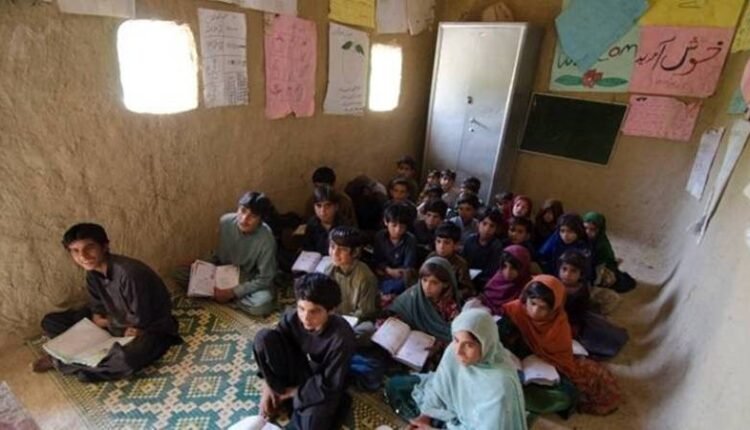QUETTA: At a policy roundtable, Provincial Education Minister Raheela Hameed Khan Durrani stated that the increasing number of children who are not in school and the lack of updated data to address the growing dropout epidemic are two of Balochistan’s most pressing issues.The minister emphasized throughout the event that reversing the trend requires enhancing policymakers’ ability to use evidence-based analysis. She reiterated the ministry’s dedication to using cutting-edge resources and tactics to lower dropout rates, especially among young females.The Data and Research in Education–Research Consortium (DARE-RC) hosted the roundtable with the goal of coordinating research findings with the educational policy of Balochistan. “I appreciate DARE-RC reaching out to us, and I think their efforts will help us find answers,” Ms. Durrani stated.Government, academic, and development partner representatives convened for the discussion to exchange research findings and match them with provincial education priorities. With funding from the UK’s Foreign, Commonwealth and Development Office (FCDO), Oxford Policy Management (OPM), Aga Khan University Institute for Educational Development (AKU-IED), and Sightsavers collaborated to create DARE-RC.In order to increase access and enhance learning outcomes for kids throughout the province, participants repeatedly emphasized the pressing need to foster a culture of data usage in education planning.The British High Commission’s education policy adviser, Salim Salamah, emphasized the significance of connecting research and reform. “There is outstanding research being carried out by Pakistani academics, and equally committed policymakers are striving for reforms. We require a more robust connection between the two,” he stated.Asfandyar Khan Kakar, the secretary of the school education department in Balochistan, reiterated this opinion, pointing out that research is frequently neglected in public sector employment.


Comments are closed, but trackbacks and pingbacks are open.